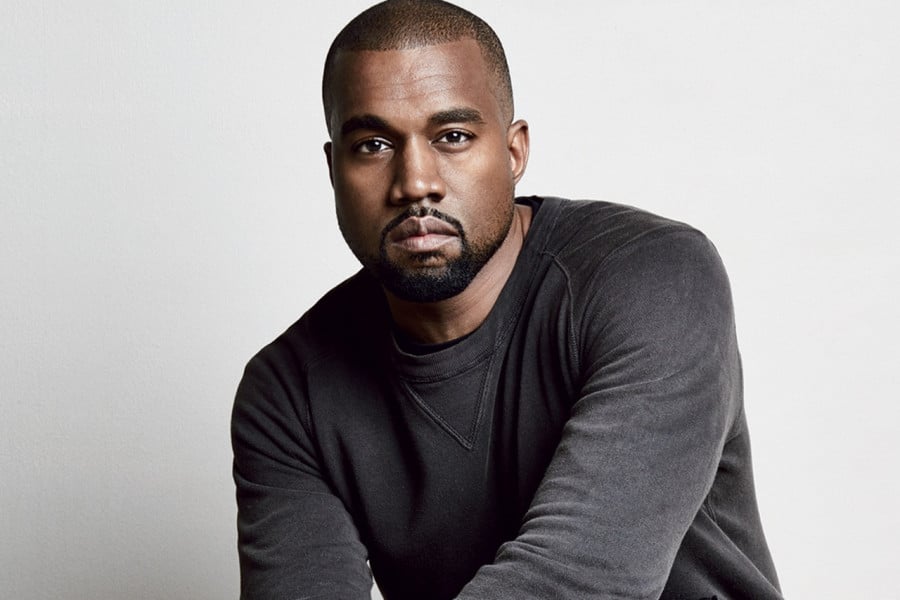Kanye West Faces Artistic and Financial Isolation After Controversial Statements and Ban on Concerts in Europe

American rapper Kanye West is facing a storm of criticism and sanctions after his controversial statements, in which he was accused of glorifying Nazi ideology, leading to being banned from performing concerts in several major European countries and a significant decline in his financial situation.
Media reports indicate that West is no longer able to secure profitable music shows as before, as many countries, including Germany, France, Britain, Italy, Spain, the Nordic countries, and Australia, have refused to host him. This rejection is either due to visa obstacles or direct boycott decisions.
According to the Financial Express, West was demanding a fee of up to $7 million per concert, exceeding what global stars like Adele and Coldplay receive. However, most of the offers presented to him are met with rejection, even from renowned venues like Wembley Stadium and the London Stadium, for fear of protests.
The crisis escalated after West released a song titled "Long Live Hitler," which concluded with an audio clip of a speech by Nazi leader Adolf Hitler from 1935. German authorities banned the song for violating hate speech laws, and it was removed from most global broadcasting platforms.
While West previously relied on his massive concerts in stadiums accommodating over 80,000 spectators, his upcoming participation in the "Rubicon" music festival in Bratislava on July 20 will not exceed 26,000 spectators, reflecting a significant decline in his popularity.
This crisis has directly impacted West's financial situation, as he reportedly lost around $3 million in a single day last May, causing his wealth to decrease from $2 billion to around $400 million only, highlighting the extent of the losses he is incurring.
In Australia, the home country of his wife, Bianca Sensory, Interior Minister Tony Burke announced that West no longer holds a valid entry visa, stating that "importing hatred is unacceptable."
It appears that West's artistic and financial future is facing unprecedented challenges, amidst legal and social consequences that may extend for a considerable period.